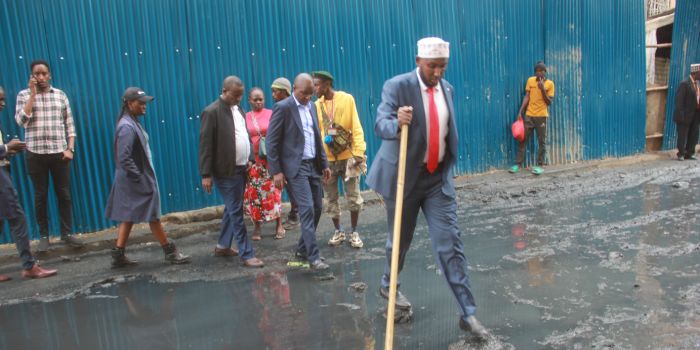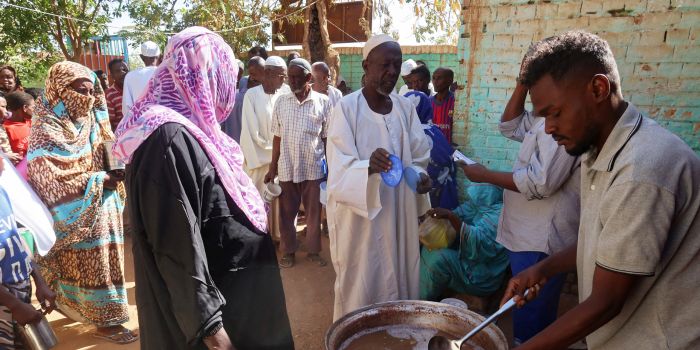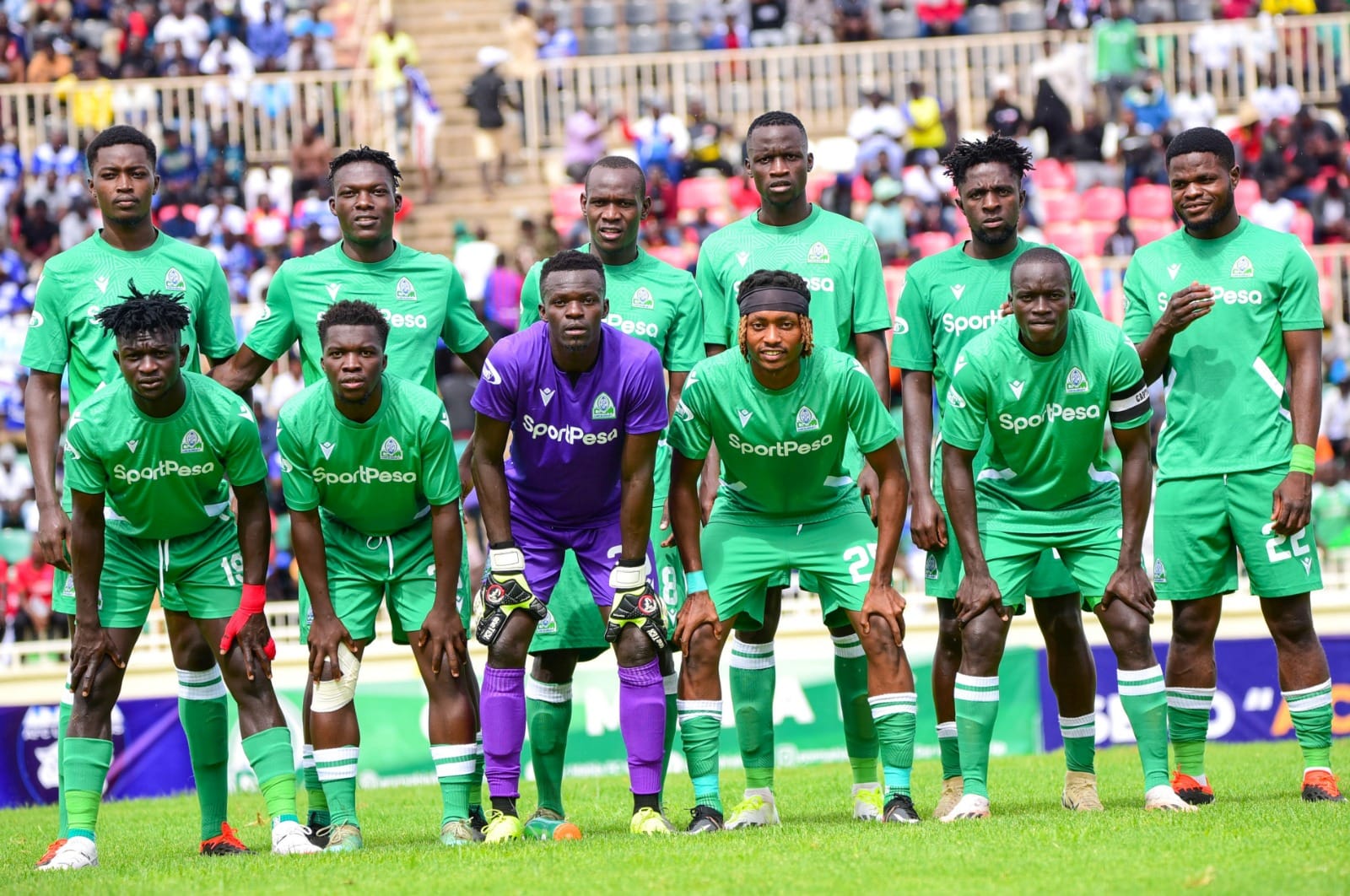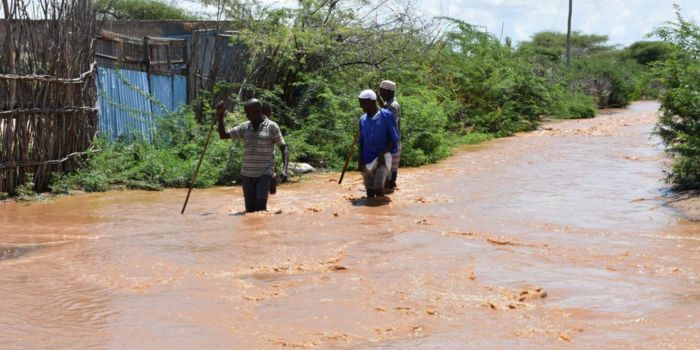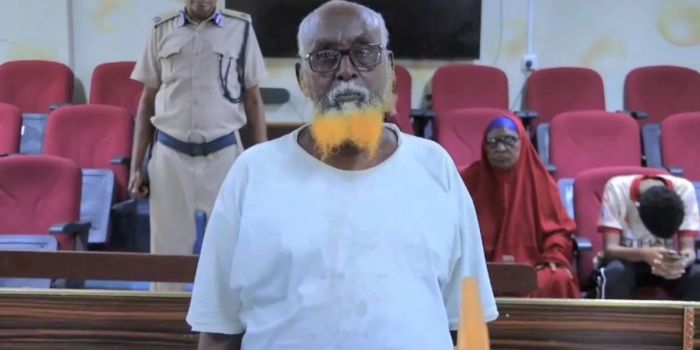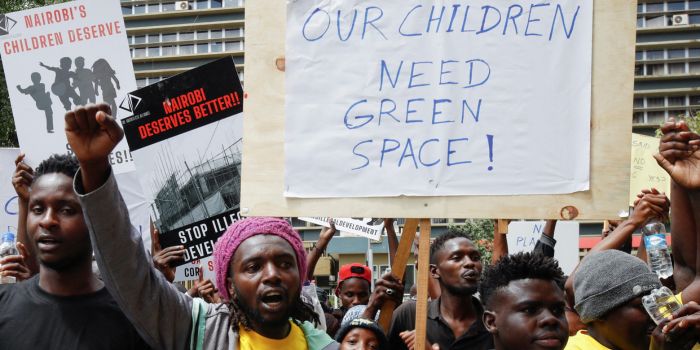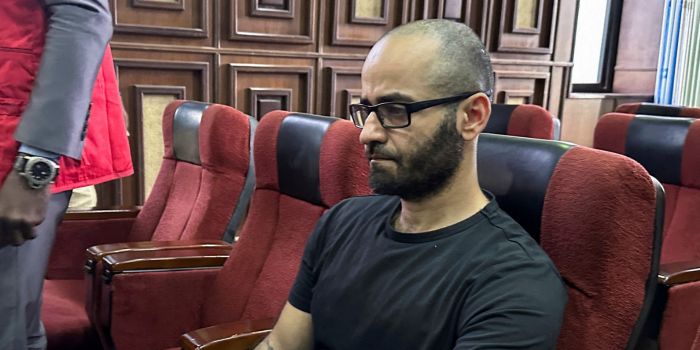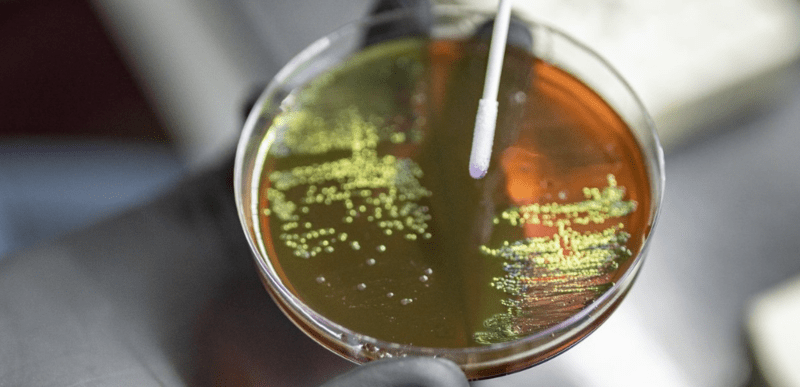Ban on shisha is unconstitutional, Mombasa court rules
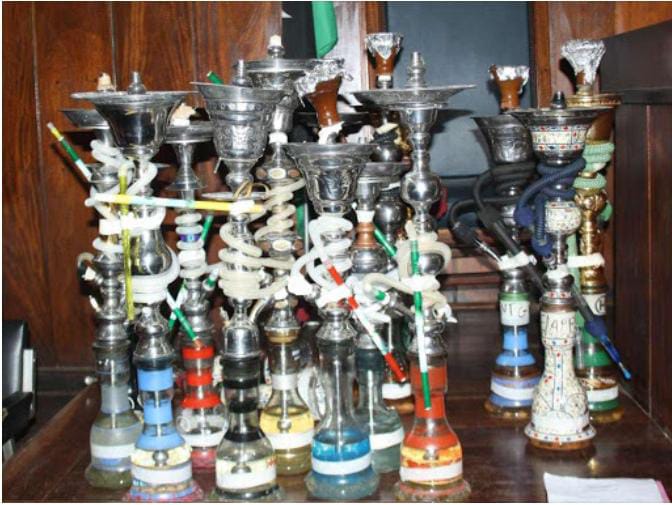
By Joseph Ndunda |
The magistrate released 48 individuals who were arrested and charged with selling and smoking shisha earlier this year.
A court in Mombasa has declared the ban on shisha unlawful and proceeded to release 48 individuals who were arrested and charged with selling and smoking the substance earlier this year.
Senior Principal Magistrate Joe Omido Mkutu, presiding over the case at the Shanzu Law Courts ruled that the government failed to follow legal procedures while enacting the ban.
Keep reading
The magistrate thus declared that there was no valid or lawful ban on the use, manufacture, sale or offer for sale of shisha in the country.
His ruling was based on the failure of the Cabinet Secretary for Health to comply with a 2018 High Court ruling which directed the docket holder to regularise the Public Health (Control of Shisha) smoking rules of 2017 by submitting them to Parliament for approval.
"In the result, guided by the decision of the High Court and pursuant to the stare decisis, I reach the finding that there is no valid and or lawful ban for the use, manufacture, sale, offer for sale of shisha under the Public Health (Control of Shisha Smoking) Rules, 2027 for the reason that the said rules were not regularised by the Cabinet Secretary within nine months as ordered and directed by the High Court and therefore ceased to have effect upon the expiry of nine months from the date of the decision of the High Court," the Magistrate declared.
The Ministry of Health on December 28, 2017, issued a notice through the Directorate of Public Health banning the use, manufacture, and sale of shisha and its consumption.
However, a petitioner, Kennedy Lagat sued the government at the High Court arguing that the ban was not based on any legal provisions and was therefore unlawful. In a subsequent ruling, Justice Roselyn Amburili concurred and gave the Ministry of Health up to nine months to engage Parliament in the shisha regulations.
The Health CS was further advised to amend the Public Health Act to include a provision banning shisha before implementing the order.
Omido thus argued that the legal notice issued by the Ministry of Health was not supported by any law in the Criminal Procedure Code (CPC) and therefore charges presented in line with the document cannot be accepted before courts.
While releasing the 48 suspects, the magistrate added that the offences filed before him did not exist when the accused persons were arrested and accused of flouting the law.
He cited Section 89 (5) of the CPCwhich stipulates that if the court is of the opinion that the complaint or formal charge made or presented does not disclose an offence, it is required to make orders refusing to admit the complaint or formal charge and shall record its reasons for the order.
"Contents of respective charge sheets also defy the provisions of section 134 of the CPC which provides that a charge must provide a statement of specific offence or offences with which the accused person is charged, together with such particulars as may be necessary for giving reasonable information as to the nature of the charged offence," Omido stated in his ruling.
"Having already reached the finding that there is no valid or lawful ban of the use, manufacture, sale, or offer for sale of shisha under the Public Health Rules of 2017, for the reason that the said rules were not regularised by the cabinet secretary within the nine months as ordered or directed by the High Court, it follows that there are no valid charges in any of the consolidated files before me," he added.




